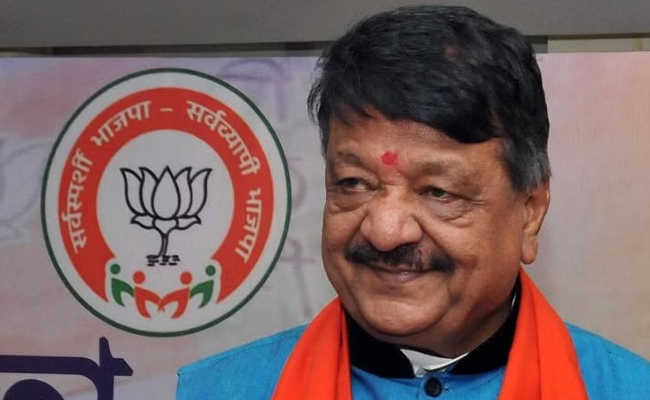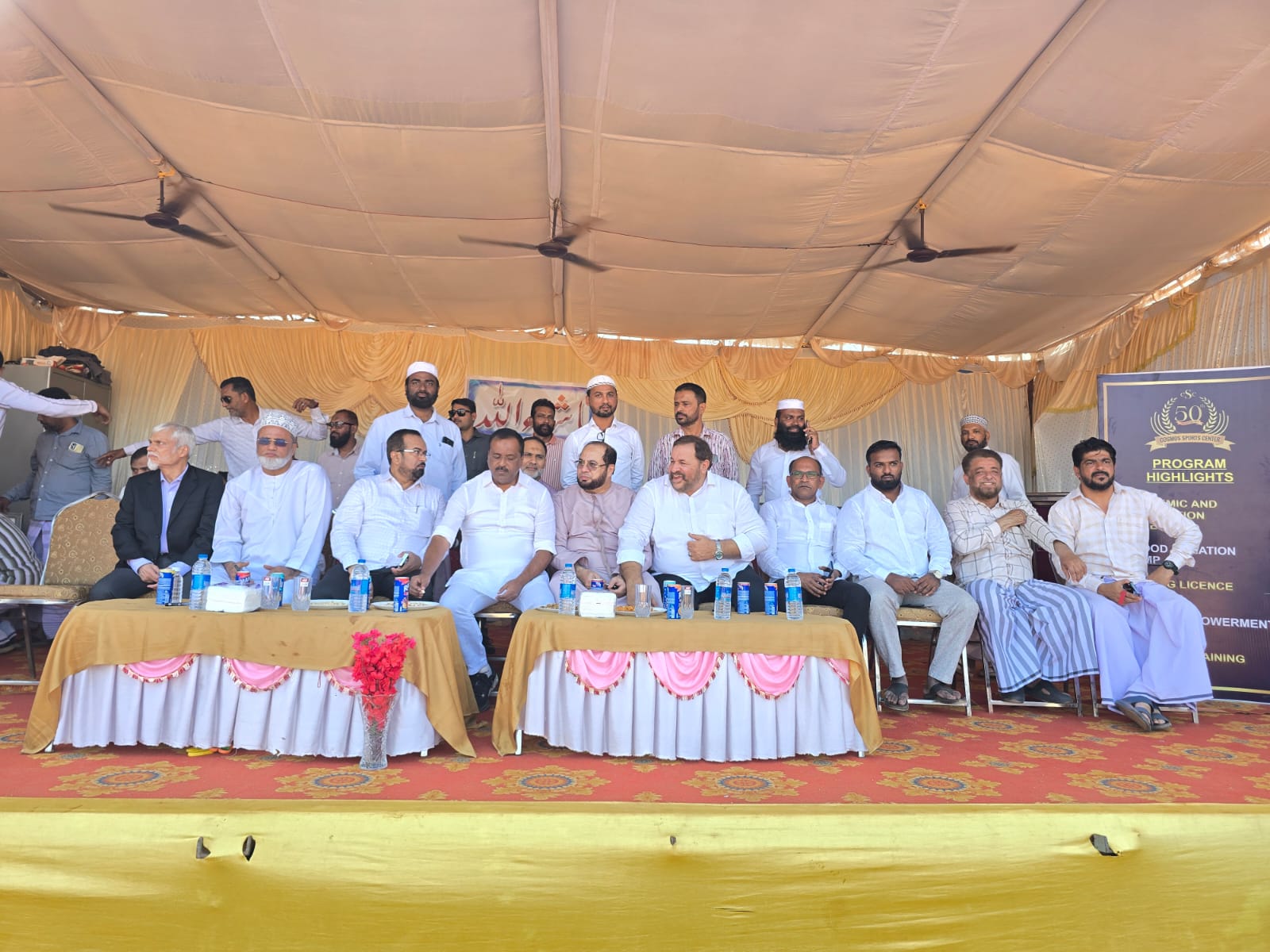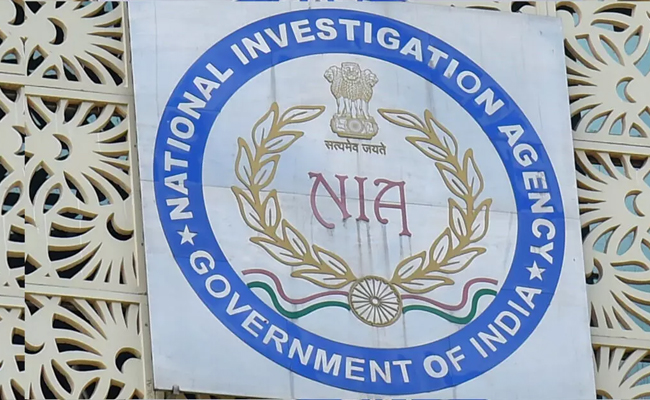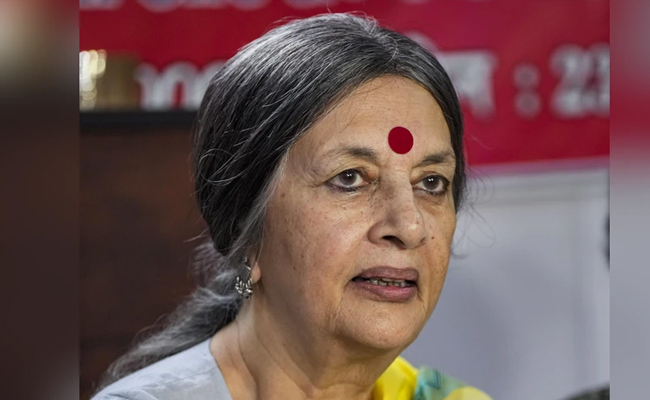Gwalior (MP) (PTI): Bharatiya Janata Party (BJP) general secretary Kailash Vijayvargiya on Wednesday accused INDIA alliance partners of attacking Sanatan Dharma through their remarks, and questioned the silence of Congress leaders over the issue.
Tamil Nadu minister Udhayanidhi Stalin, who belongs to the Dravida Munnetra Kazhagam (DMK), recently accused the Sanatan Hindu Dharma of promoting division and discrimination among people and called for its eradication. Another DMK leader A Raja likened Sanatan Dharma to leprosy and HIV.
DMK is a constituent of the opposition INDIA bloc. The remarks by these leaders kicked up a political row. Congress chief Mallikarjun Kharge's son Priyank Kharge, who is minister in Karnataka cabinet, also supported Stalin's statement.
Talking to reporters over the remarks by the DMK leaders, Vijayvargiya said the INDIA alliance partners have made an attack on Sanatan Dharma.
"I thought that the INDIA alliance would react to Udhayanidhi's 'Sanatan Dharma should be eradicated' remark, but Congress chief Kharge's son supported the statement within hours," he said.
Even Mughals and other rulers could not disturb the roots of Sanatan Dharma, Vijayvargiya said.
"Today the bugle of Sanatan is being heard all over the world. Prime Minister (Narendra Modi) has done the work of taking Sanatan to the entire world through celebration of International Yoga Day," he said.
On the one hand, Madhya Pradesh Congress chief Kamal Nath holds sermons of Hindu seers, he is silent over 'eradicating Sanatan Dharma' remark. A dual character like this is not good, he said.
Responding to a question, Vijayvargiya alleged that Congress tried to disturb the social harmony of Gwalior-Chambal region in 2018 in order to win the elections, but people have understood now and not to fall in the Congress trap.
Let the Truth be known. If you read VB and like VB, please be a VB Supporter and Help us deliver the Truth to one and all.
Bhatkal: Speaker of the Karnataka Legislative Assembly U. T. Khader visited Bhatkal in Uttara Kannada district on Saturday and attended a local cricket match being played as part of a tournament organised by the Cosmos Sports Centre of Bhatkal.
After attending a programme at Anjuman Hami-E-Muslimeen, Khader proceeded to the Bhatkal Taluka Stadium, where the tournament is underway. He was accompanied by office-bearers of the Cosmos Sports Centre and several local community leaders.
Those present during the visit included President of Majlis-e-Islah Wa Tanzeem and former JD(S) leader Inayathullah Shabandri, Vice President of Tanzeem Atiqur Rahman Muniri, General Secretary Abdul Raqeeb MJ, President of Cosmos Sports Centre Ismail Anjum, Managing Director of Mohtisham Complexes S. M. Arshad, former president of the Bhatkal Muslim Youth Federation Imtiyaz Udyawar, among others.
Addressing players and organisers, Khader extended his best wishes to the participating teams and urged the players to uphold the spirit of sportsmanship. He said such tournaments help promote unity and brotherhood among the youth.
The cricket tournament began on November 21 and will conclude with the final match on December 21. It is being organised as part of the golden jubilee celebrations of the Cosmos Sports Centre.
Cosmos Sports Centre is one of the member clubs of the Bhatkal Muslim Youth Federation and is known for its active role in promoting sports in the town. Apart from sporting activities, the centre is also involved in various social and community initiatives, including efforts to promote education among students.






